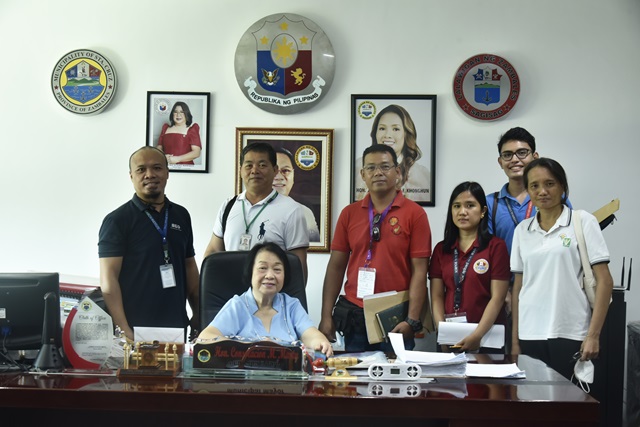
The local government unit of Sta. Cruz, Zambales has recently enacted two ordinances that aim to help farmers save on planting and fertilizer costs.
The ordinances, focused on increased adoption of the direct-seeded rice (DSR) system and the integration of the balanced fertilization strategy (BFS) program or Abonong Swak are technologies recommended by the Department of Agriculture–Philippine Rice Research Institute (DA-PhilRice).
Philippine Statistics Authority (PSA) reported that 20% of the total rice production cost is attributed to hired labor. Through direct seeding, farmers can save PhP1.14/kg on hired labor costs as it only requires 1-2 labor days per hectare compared to the usual practice of transplanting rice, which needs 20-25 labor days/ha.
Partial budget analysis also shows that rice farmers especially in favorable rainfed areas may gain as much as PhP3,500/ha additional net income by shifting to direct seeding.
Meanwhile, Abonong Swak or complementing inorganic fertilizer application with organic nutrients based on current yield, can help farmers save PhP2,000-PhP4,000.
In implementing the ordinance on DSR adoption, PhilRice’s Policy Research and Advocacy Project encouraged the municipal agriculture office to integrate the technology in the agricultural extension efforts, develop a curriculum on DSR, capacitate farmers on technology use, allocate an annual budget on technology promotion, and ensure availability of DSR-related machines in the area.
On the other hand, Aileen C. Litonjua, PhilRice project team lead, said that the Abonong Swak can be implemented with the municipal agriculturist as the focal person in training farmers on applying proper fertilizer management.
The municipal agriculture office will also provide site-specific nutrient recommendations based on soil analyses, develop a training module, organize learning sessions and assessments, and monitor training programs.
This is a part of the policy brokering initiatives of PhilRice.




